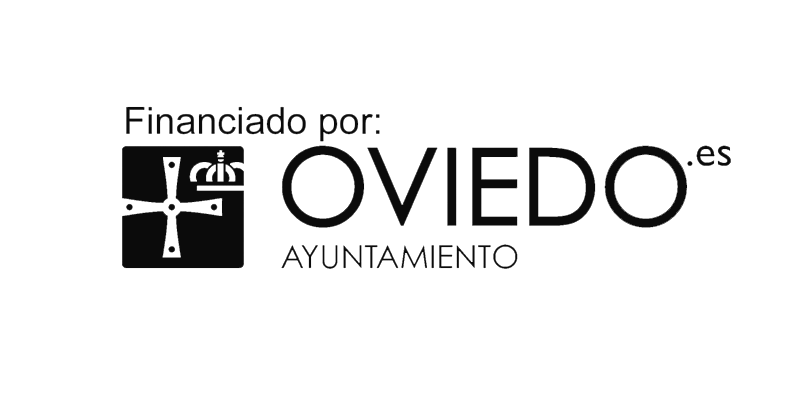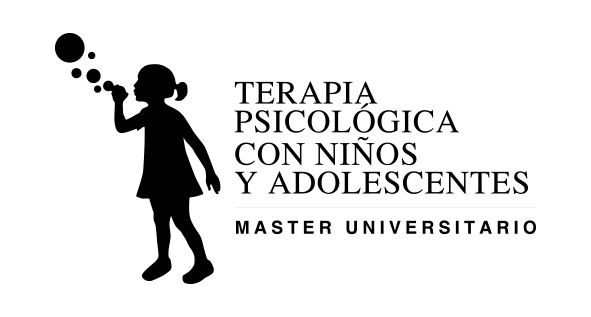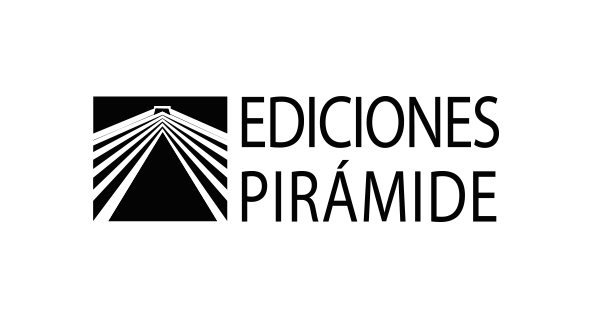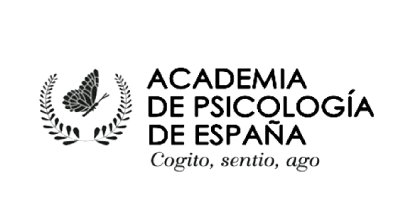Gerhard Andersson
Linköping University, Sweden
Using the internet to provide evidence-based psychological treatments for adolescents
Internet-delivered psychological treatments have existed for more than 20 years. During this time more than 200 controlled trials have been published for a range of disorders and conditions. Most of the work has been done on adults and to a lesser extent children and adolescents. Evidence to date suggest that therapist-guided internet interventions can be as effective as face-to-face treatments. In this talk I will describe how internet treatment can be delivered and I will cover the work done on adolescents with anxiety and depression. I will also mention work on children. We have now reached a situation when modern information technology should be considered as a complement to existing face-to-face interventions, but also in the form of “blended” treatments. I will conclude with future directions and a “wishlist” for further research.
Professor Gerhard Andersson, Ph.D. is full professor of Clinical Psychology at Linköping University (appointed 2003), in the Department of Behavioural Sciences and Learning. He also has a position as affiliated researcher at Karolinska Institutet in the Department of Clinical Neuroscience, Psychiatry, where he is linked to the Centre for Psychiatry Research (Competence Centre for Psychotherapy Research). His research interests include the application of the internet and modern information technology in psychological research; Cognitive-behavioural treatment and psychotherapy research, including major depression, panic disorder, social anxiety disorder, postttraumatic stress, GAD, OCD, and health psychology and cognitive aspects of health problems. Professor Andersson has published over 600 research papers, 50 chapters and 20 books. He received the outstanding Swedish psychologist award 2014, the lifetime achievement award 2015 from the Swedish Association of Behaviour Therapy and the lifetime Achievement Award 2017 from International Society for Research on Internet Interventions.




